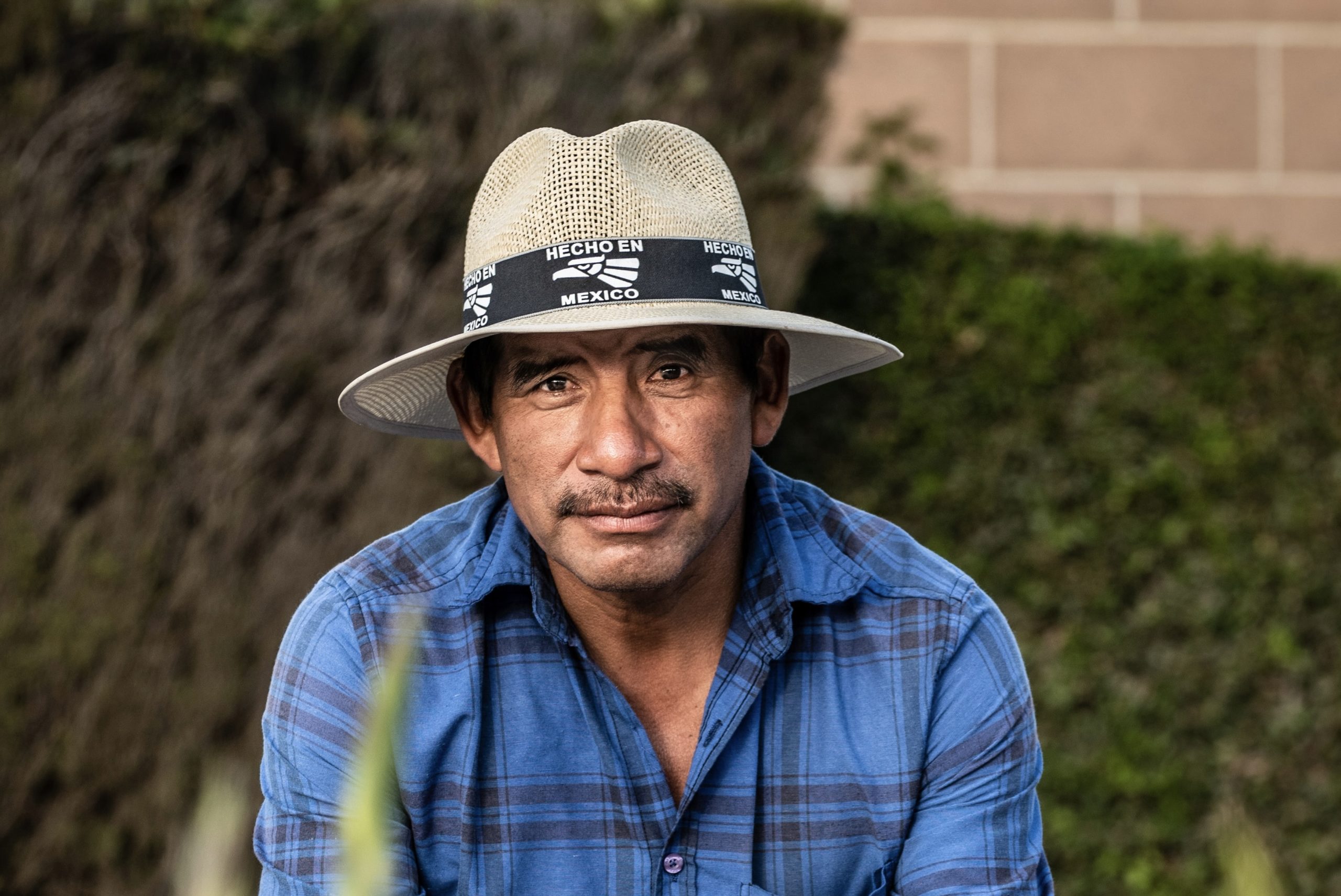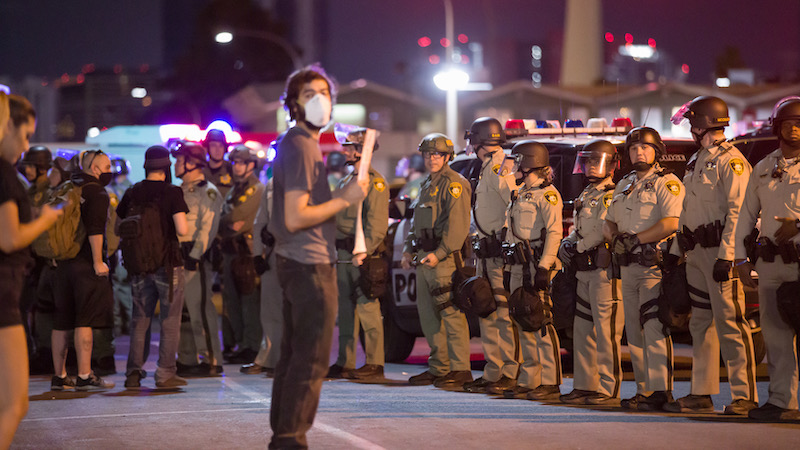Where has intelligent discourse gone in America?
Last week, David Brooks wrote an op-ed arguing that character formation should be an important feature of antipoverty efforts. He cites Richard Reeves of the Brookings Institution who posits:
Gaps in character development closely correlate to gaps in income, family functioning, education, and employment. The character gap fuels the opportunity gap, and vice versa.
This is a somewhat controversial argument, but it is also a sober and intelligent one. At no point does Brooks argue that material relief should be discontinued altogether—he only suggests that its effects are limited unless it is combined with character development. Furthermore, this piece isn’t meant to be a sweeping essay that covers every facet of the issue. It’s a 762 word op-ed that looks at one aspect of poverty.
As I neared the end of the article, I warily clicked my way to the comments section. I’m not sure what I expected, but what I found was depressing. Here are a few of the high[low]lights:
The paucity of Mr. Brooks’ thinking is expected but disappointing. There are no new ideas here, just the usual demand that people living in poverty fix their own problems. Somehow I doubt that Mr. Brooks has had much opportunity to develop or demonstrate the grit and resilience he credits to his social class, but that does not stop him from confidently prescribing it to others. [Recommended by 537 readers]
This is a column from someone with excellent health insurance, retirement and a very nice income from corporate America. David is now branching out from his usual pop Psychology Today lectures, and getting back to politics a bit to double down on his pious scolding of others. [Recommended by 639 readers]
I am curious as to whether you believe “character” is evident in your own party. You know, the party whose Habits—big acts of self control in times of crisis—are so inspiring! The party whose ability to see Opportunity—a long term view which might involve short term sacrifice—is just breath-taking! The party whose Exemplars are innumerable! And whose Standards are near sublime! [Recommended by 793 readers]
Fortunately, my faith in humanity was almost restored when one reader commented: “Oh come-on, such comments! This is a thoughtful column exploring a valid issue. Come off the nasty reactions.” I’m not saying that you can’t disagree with Brooks’ argument—many could probably find good reason to, but I just wish that the disagreement was thoughtful.
While we all know that this type of shallow, ad hominem, inflammatory, talking-past-each-other discourse has overtaken online message boards, it hasn’t stopped there. In Washington, it’s rare to find collegial and intelligent conversation between people who disagree with each other (I’m lucky to work at one of the few places where this takes place on a regular basis). And on many college campuses, there is no discussion taking place at all. Remember the string of speaker dis-invitations this past spring?
[pq]In order to tackle the tough problems that we face as a country, a new type of discourse is needed.[/pq]
From its beginning, our country has been ideologically diverse. That’s why our founders created a system where no single group gets its way—where serious, congenial discourse leads to difficult, but necessary compromise. Today, if we aren’t even able to discuss the hard issues that our nation faces, how will we ever move forward, together?
At every level of our society, the wisdom of James 1:19 should be taken to heart: “…let every person be quick to hear, slow to speak….” This means taking people that we disagree with seriously, giving them the benefit of the doubt, and letting them be heard. This is the only way that our discourse will be a productive affair, rather than a divisive, disheartening waste of time.
In order to tackle the tough problems that we face as a country, a new—and improved—type of discourse is needed in America.


